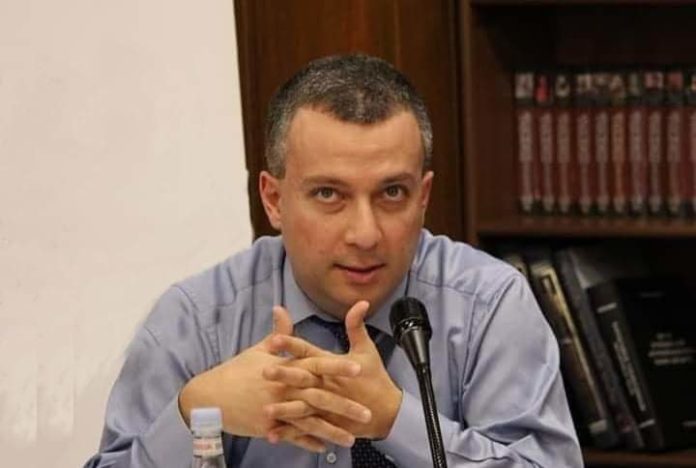The most asked question after the military takeover of Nagorno-Karabakh by Azerbaijan perhaps is this: Why is there no peace agreement between Armenia and Azerbaijan? The status and future of Nagorno Karabakh have been the cornerstones of the conflict since the late 1980s. The sides’ positions were too far away from each other to give any hope for compromise. Armenians were sure that Nagorno-Karabakh could not be part of Azerbaijan, as Armenians could not live under Azerbaijani jurisdiction. Azerbaijanis were sure that Nagorno-Karabakh should be part of Azerbaijan.
The situation changed only in October 2022, when the Armenian prime minister signed a statement in Prague and recognized Nagorno-Karabakh as part of Azerbaijan. It seemed that the radical change in Armenia’s position would finally open the way for Armenia – Azerbaijan normalization. Armenia would accept that Nagorno-Karabakh is part of Azerbaijan, while Azerbaijan would provide security guarantees for the Nagorno-Karabakh Armenians. However, only the first part of the equation was actual. Armenia recognized Nagorno Karabakh as part of Azerbaijan and even dropped any demand for autonomy. On the other hand, Azerbaijan imposed a blockade on Nagorno Karabakh and, in September 2023, launched a military offensive, forcing the entire Armenian population of the region to leave their homeland.
Nevertheless, as more than one hundred thousand Armenians were entering Armenia, many in the international community hoped the era of peace would finally arrive, and their logic was clear. The issue of Nagorno Karabakh and the future of Armenians were the main obstacles to Armenia – Azerbaijan normalization. As the Nagorno Karabakh Republic was destroyed, nothing might prevent Armenia and Azerbaijan from signing a peace agreement. It will then pave the way for normalizing Armenia–Turkey relations and the South Caucasus’s geopolitics will be changed.
Everyone started to speak about an Armenia – Azerbaijan peace treaty by the end of 2023. It evoked a sense of déjà vu, as in autumn 2022, there were intense discussions about the possibility of signing the Armenia – Azerbaijan peace agreement by the end of 2022. However, in late September 2023, many were sure that nothing could prevent peace this time. However, October – November 2023 has changed everything. In early December 2023, no one spoke about a peace agreement by the end of 2023; even more, no one knew when and where Armenia – Azerbaijan negotiations might resume.
There is confusion in the West as people seek to understand what is going on. On the surface, the reason behind these developments is Azerbaijan’s rejection of the Western negotiation platforms. Suddenly, Azerbaijan understood that the EU and the US, as outside players, bring only chaos and instability to the South Caucasus. Simultaneously, Azerbaijan hints that the signature of a peace agreement in the West will irritate Russia and Iran, and Azerbaijan has no wish to worsen its relations with these powerful states, which will have significant influence in the region in the foreseeable future. Azerbaijan now offers to resume negotiations in Moscow or have direct talks, without any mediators, either in Georgia or near the Armenia – Azerbaijan border.
Armenia avoids the Russian platform, as Armenia–Russia relations are rapidly deteriorating, and Armenia does not want direct negotiations. Armenia needs guarantors which will prevent any violation of the peace agreement by Azerbaijan.









